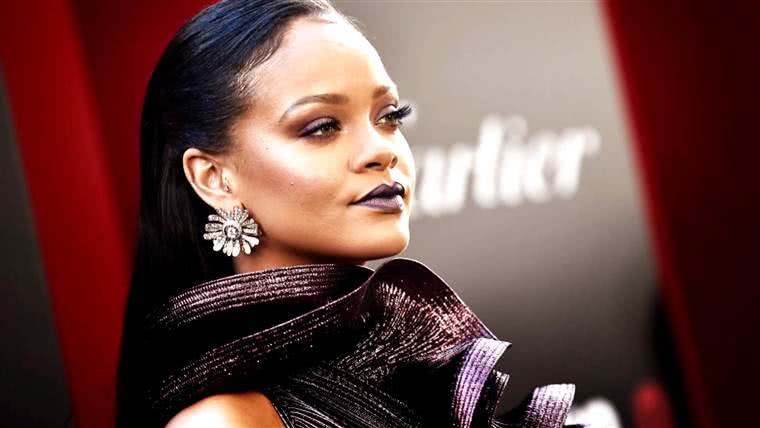Rihanna has become the latest musician to demand Donald Trump cease playing their songs at campaign rallies. Just days after Guns N’ Roses singer Axl Rose expressed anger at ‘Sweet Child O’ Mine’ being played on the midterm campaign trail in West Virginia, Trump has come under fire for playing Rihanna’s ‘Don’t Stop The Music’ at a rally in Tennessee.
Rose tweeted on November 4 that “GNR, like a lot of artists opposed to the unauthorized use of their music at political events” have formally requested their music not be used at Trump rallies or associated events.
Just yesterday, after the Washington Post’s Philip Rucker drew Trump’s use of the song at a rally to her attention, Rihanna replied “Not for much longer. Me nor my people would ever be at or around one of those tragic rallies, so thanks for the heads up Philip!”
Rose and Rihanna may be the latest to voice their opposition, but they’re far from the only musicians that have asked the United States president to stop playing their tunes. Just a week earlier, ‘Happy’ singer Pharrell Williams‘ lawyer Howard King sent Trump a cease-and-desist letter after he played the song at a rally in the midwest; mere hours after 11 people were murdered at the Tree Of Life synagogue in Pittsburgh.
“Pharrell has not, and will not, grant you permission to publicly perform or otherwise broadcast or disseminate any of his music,” read the letter.
Rihanna, Rose and Williams join the wide assortment of other artists who have asked the president not to play their music, including the likes of Prince, The Rolling Stones, Aerosmith, R.E.M. and Adele. As the list of artists keen to distance themselves and their music from Trump grows, the question remains: can they legally stop him and the organisers of his rallies from playing their music?
Well, it can be a difficult process, due to complex licensing laws.
Love Music?
Get your daily dose of metal, rock, indie, pop, and everything else in between.
Watch the clip for ‘Don’t Stop The Music’ by Rihanna below

Axl Rose claimed in one of his tweets that “the Trump campaign is using loopholes in the various venues’ blanket performance licenses which were not intended for such craven political purposes, without the songwriters’ consent”. Unfortunately, he’s more or less correct in saying that.
In order to play music at a public event, you need a license. Typically, these are acquired through large scale music-rights agencies such as BMI and ASCAP. In the types of venues used for things like Trump rallies, there are often blanket licenses in place – meaning the venue can play any song in that agency’s catalog, and there’s not much an individual artist can do about it.
That said, there may be another avenue. Publicity rights are designed to protect people from having their likenesses exploited for promotional and commercial uses – and the inferred endorsement that comes with it.
In the case of Aerosmith, frontman Steven Tyler’s representation cited something called the Lanham Act – which essentially refers to the potential for a misleading representation to create confusion over the affiliation or connection between one person with another.
The argument, then, is that by playing an artist’s song at his rally, it gives off the false impression that that artist endorses the presidency. In this particular case, the Trump campaign were using the song without a license, and Tyler’s attorney Dina LaPolt was able to acquire a letter from the campaign’s people promising not to use the song.
Trump isn’t the first politican to be asked not to play an artist’s music. In 1984, Bruce Springsteen refused to let Ronald Reagan use ‘Born In The U.S.A.’ during his re-election campaign – you know, the song that’s famously about working class struggle.
In 2002, Rage Against The Machine‘s Tom Morello blasted Republican Paul Ryan after he claimed to like the band – saying “Paul Ryan is the embodiment of the machine our music rages against”.

































